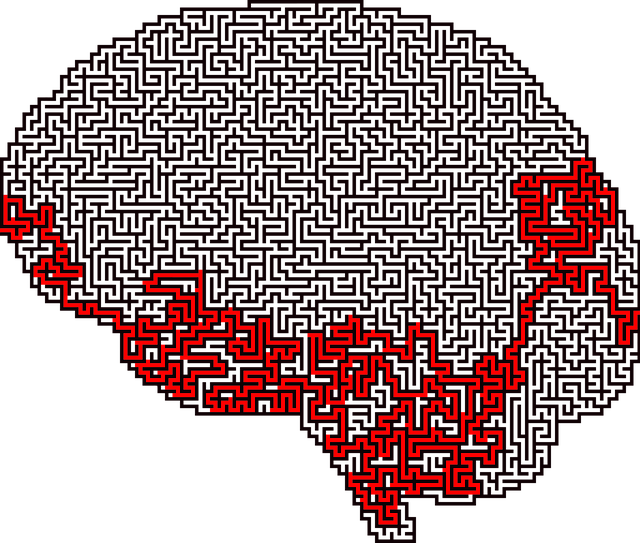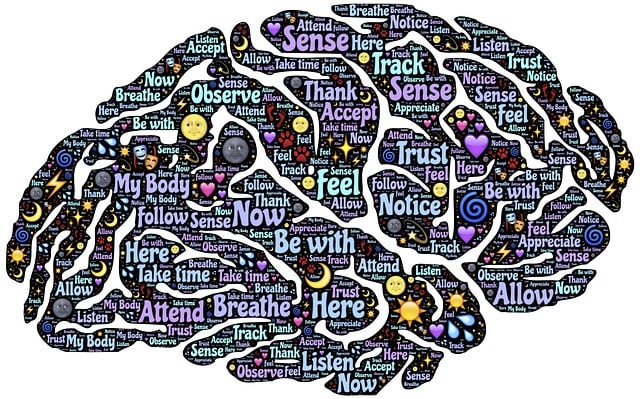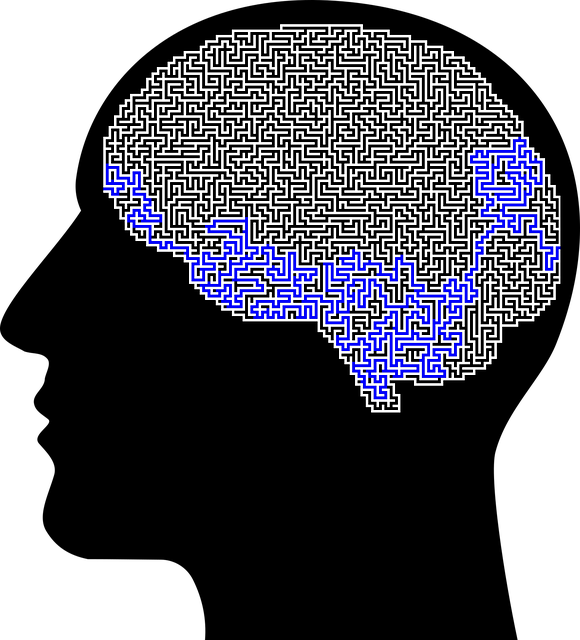Castle Rock Cognitive Processing Therapy (CRCPT) is a therapeutic approach that focuses on emotion regulation by addressing cognitive processes and negative thought patterns. It teaches individuals to identify, label, and manage their emotions healthily through mindfulness, challenging distorted beliefs, and practicing self-awareness. CRCPT's behavioral techniques enhance coping skills, promote resilience, and improve decision-making, even in stressful situations. Integrating relaxation methods and cultural sensitivity, this therapy offers a comprehensive approach to emotional well-being, fostering safe spaces for clients to explore their feelings.
Emotion regulation techniques are essential tools for managing mental health and overall well-being. This comprehensive guide explores various therapeutic approaches, with a focus on Castle Rock Cognitive Processing Therapy (CRCPT). We delve into the foundational principles of CRCPT, emphasizing its effectiveness in understanding and managing emotions. From identifying and labeling feelings to cognitive strategies and behavioral modifications, this article offers insights into mastering emotional control. Additionally, it highlights the integration of mindfulness and relaxation techniques for achieving emotional balance.
- Understanding Emotion Regulation: The Foundation of Castle Rock Cognitive Processing Therapy
- Identifying and Labeling Emotions: A Key Step in Learning Control
- Cognitive Strategies for Managing Strong Feelings
- Behavioral Approaches to Mood Modification
- Integrating Mindfulness and Relaxation Techniques for Emotional Balance
Understanding Emotion Regulation: The Foundation of Castle Rock Cognitive Processing Therapy

Understanding Emotion Regulation is the cornerstone upon which Castle Rock Cognitive Processing Therapy (CRCPT) is built. This therapeutic approach recognizes that emotions are a fundamental aspect of human experience, but their impact can be mitigated through effective regulation strategies. CRCPT aims to empower individuals to navigate and manage their emotional responses constructively, fostering better mental health and overall well-being. By delving into the cognitive processes underlying emotional experiences, this therapy offers valuable insights into how people interpret and react to different situations.
At its core, CRCPT teaches effective emotion regulation techniques that form a robust defense mechanism against overwhelming emotions. These include conflict resolution strategies to address underlying tensions, promoting healthier emotional healing processes. By learning to identify and challenge negative thought patterns, individuals can better manage their moods and prevent emotional escalation. This approach not only enhances coping skills but also enables personal growth and resilience in the face of life’s challenges.
Identifying and Labeling Emotions: A Key Step in Learning Control

Identifying and labeling emotions is a fundamental step in learning to regulate them effectively. This process begins with awareness—becoming attuned to the subtle cues our bodies and minds give when specific feelings arise. In Castle Rock Cognitive Processing Therapy (CPT), individuals are encouraged to name their emotions, moving beyond vague descriptions like “good” or “bad.” Recognizing and labeling helps in understanding that all emotions are valid experiences, even if they’re difficult to process. This awareness allows for a crucial first step in managing them constructively.
By naming their emotions, individuals can start to explore the triggers and patterns associated with each feeling. For instance, recognizing that a surge of anger often follows a perceived injustice might lead to more thoughtful responses rather than immediate, impulsive reactions. This ability to identify and label emotions is a powerful tool in managing mental wellness, especially when combined with stress management workshops or listened to in Mental Wellness Podcast Series Production tailored to these topics.
Cognitive Strategies for Managing Strong Feelings

Cognitive strategies play a pivotal role in managing strong emotions and are a key component of Castle Rock Cognitive Processing Therapy. By focusing on how we interpret and react to our feelings, this approach empowers individuals to gain control over their emotional responses. One effective technique involves challenging negative thought patterns that can intensify emotions. For instance, during moments of intense anger, a person might recognize and question the validity of automatic thoughts like “I always make things worse” or “Nobody understands me.” Replacing these with more balanced statements, such as “I am feeling angry right now, but I can choose how to respond,” helps individuals detach from negative emotions and makes way for better decision-making.
The process of self-awareness exercises is intricately linked to crisis intervention guidance, enabling people to navigate through overwhelming feelings. By actively monitoring one’s thoughts and emotions, individuals can identify early signs of emotional distress and implement coping strategies before situations escalate. Inner strength development is fostered when individuals learn to accept their emotions as temporary and practice mindfulness techniques to stay grounded in the present moment. These cognitive strategies, combined with professional guidance, offer a practical framework for managing strong feelings and enhancing overall emotional well-being.
Behavioral Approaches to Mood Modification

Behavioral approaches to mood modification are an essential part of emotion regulation techniques teaching. One notable method is Castle Rock Cognitive Processing Therapy (CRCPT), which focuses on identifying and changing negative thought patterns that contribute to emotional distress. This therapy encourages individuals to challenge their distorted beliefs, replace them with more realistic and balanced thoughts, and thus alter their emotional responses. By learning coping skills development through CRCPT, folks can effectively manage stress and anxiety relief in various situations.
Incorporating these behavioral techniques allows for a proactive approach to mental health management. It equips individuals with tools to navigate life’s challenges, fostering resilience and promoting overall well-being. Whether it’s stressful work deadlines or personal relationship issues, these strategies enable folks to stay grounded, regulate their emotions, and make more adaptive decisions. This, in turn, leads to improved quality of life and enhanced mental fortitude, even in the face of adversity.
Integrating Mindfulness and Relaxation Techniques for Emotional Balance

Integrating mindfulness and relaxation techniques is a powerful approach to achieving emotional balance, particularly within the context of Castle Rock Cognitive Processing Therapy (CRCPT). This therapeutic method encourages individuals to focus on the present moment, observing their thoughts and emotions without judgment. By cultivating awareness, individuals can develop a deeper understanding of their emotional triggers, allowing them to respond rather than react during moments of stress or distress.
Mindfulness practices, combined with relaxation techniques such as deep breathing exercises and progressive muscle relaxation, offer a comprehensive Crisis Intervention Guidance. These tools are particularly valuable in navigating complex emotions and promoting mental well-being. Moreover, incorporating cultural sensitivity in mental healthcare practice ensures that these techniques are adapted to meet the unique needs of diverse individuals, enhancing their effectiveness. Effective communication strategies facilitate this process by creating safe spaces for clients to explore and express their feelings, fostering a collaborative environment essential for emotional regulation.
Emotion regulation techniques, as showcased by Castle Rock Cognitive Processing Therapy, offer a comprehensive approach to managing feelings. By combining cognitive strategies, behavioral approaches, and mindfulness techniques, individuals can learn to identify, label, and control their emotions effectively. This multi-faceted approach not only enhances emotional balance but also fosters resilience in navigating life’s challenges. Through understanding the fundamentals of emotion regulation, one can unlock the power to transform their emotional landscape, leading to improved mental well-being and enhanced quality of life.














